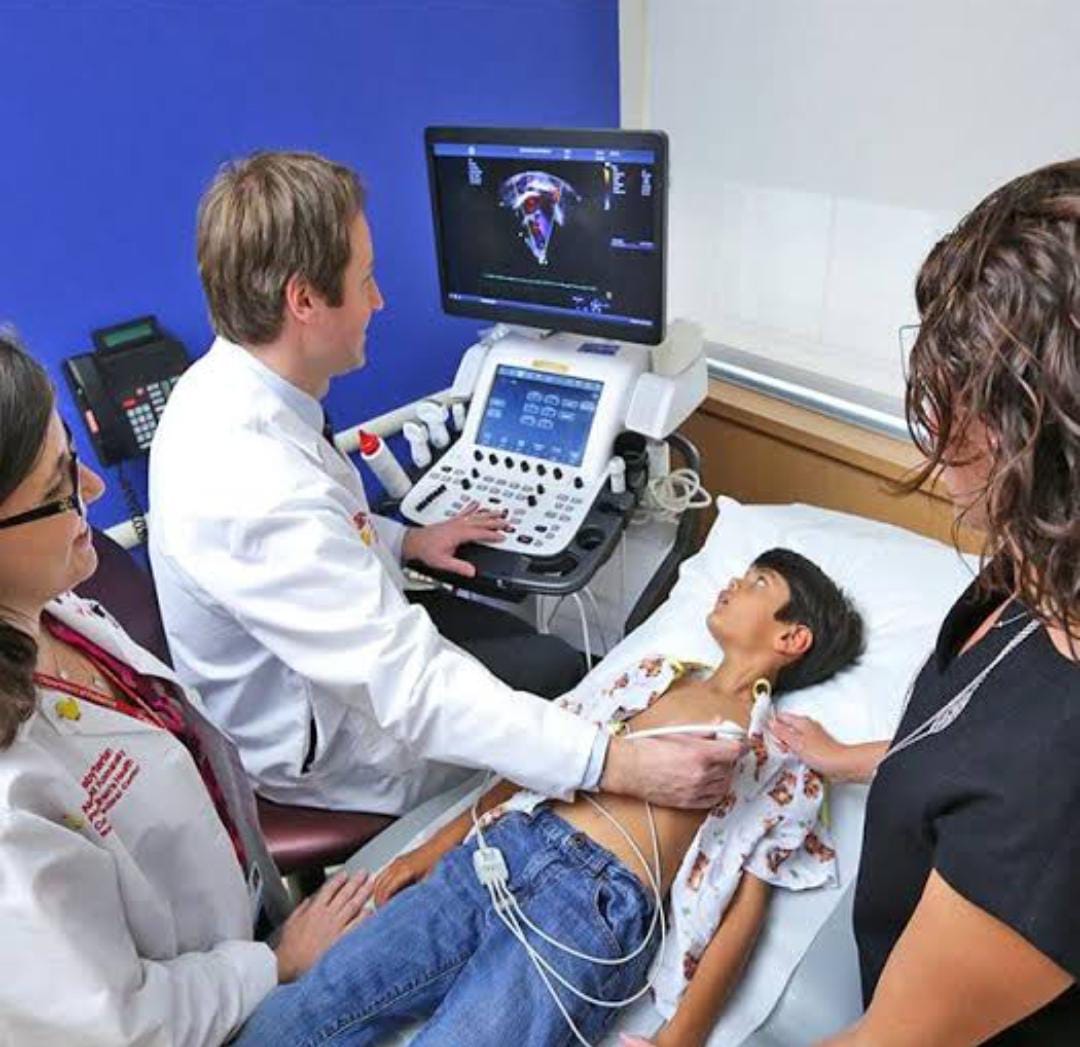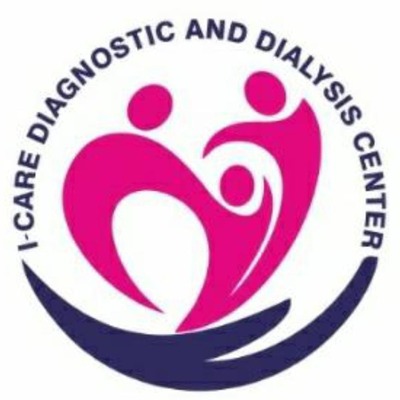+918048037212

This is your website preview.
Currently it only shows your basic business info. Start adding relevant business details such as description, images and products or services to gain your customers attention by using Boost 360 android app / iOS App / web portal.
A 2D echocardiogram, often referred to as a 2D ...

A 2D echocardiogram, often referred to as a 2D echo, is a non-invasive medical test that uses ultrasound waves to create real-time images of the heart. It is a common and valuable tool for assessing the structure and function of the heart and is frequently used by cardiologists to diagnose and monitor various heart conditions. During a 2D echo, a trained technologist or physician places a small handheld device called a transducer on the patient's chest, which emits ultrasound waves. These waves bounce off the structures of the heart, such as the chambers, valves, and blood vessels, and are then picked up by the transducer, creating images on a monitor. The 2D echo provides detailed images of the heart in two dimensions, allowing healthcare professionals to visualize: Heart chambers: The size, shape, and thickness of the heart's chambers can be evaluated. Enlarged or weakened chambers may indicate certain heart conditions. Valves: The functioning of the heart valves can be assessed, checking for any abnormalities or leakage that might affect blood flow. Heart muscle: The movement of the heart muscle (myocardium) can be observed during each heartbeat to identify areas of poor function or damage. Blood flow: Doppler ultrasound can be used to assess blood flow through the heart and identify any abnormalities, such as leaks or obstructions. 2D echocardiography is used in the diagnosis and management of various heart conditions, including: Congenital heart defects Heart valve diseases (e.g., mitral regurgitation, aortic stenosis) Cardiomyopathy (weakening of the heart muscle) Heart failure Pericardial diseases (problems with the membrane around the heart) Evaluating the efficiency of medical treatments or surgical interventions for heart conditions It is a safe and painless procedure that typically takes around 30 to 60 minutes, depending on the complexity of the evaluation required. The results of the 2D echo can help guide the healthcare team in developing an appropriate treatment plan for the patient. Regenerate response

